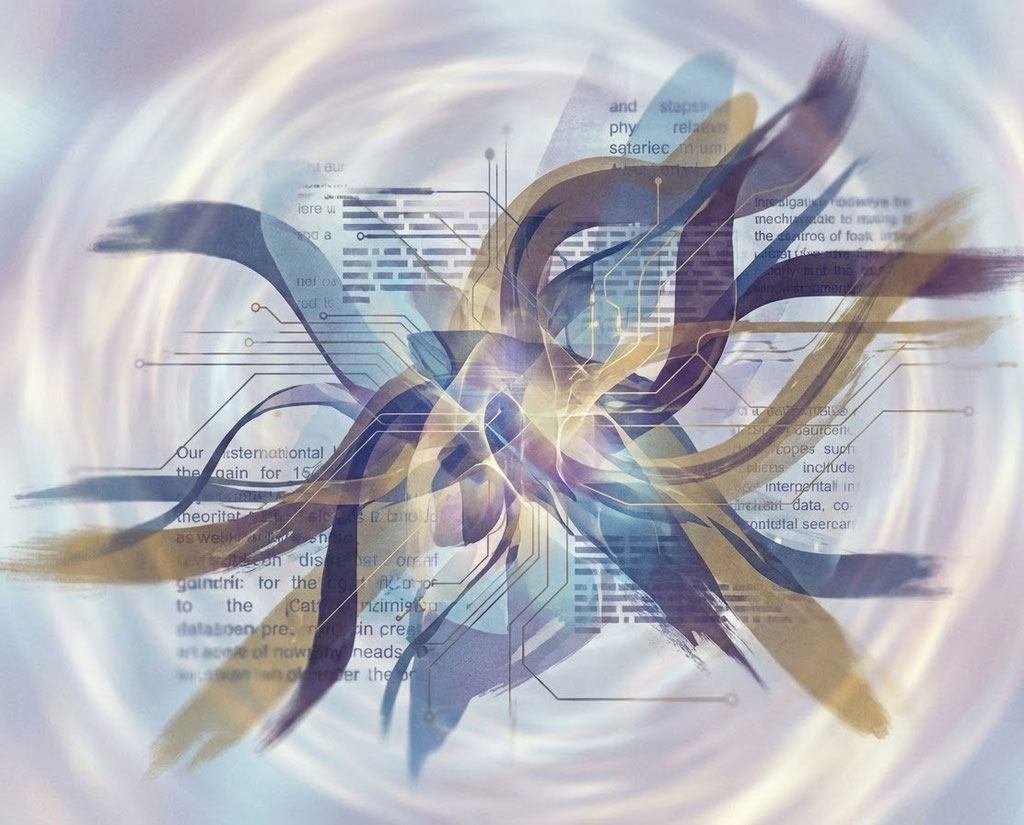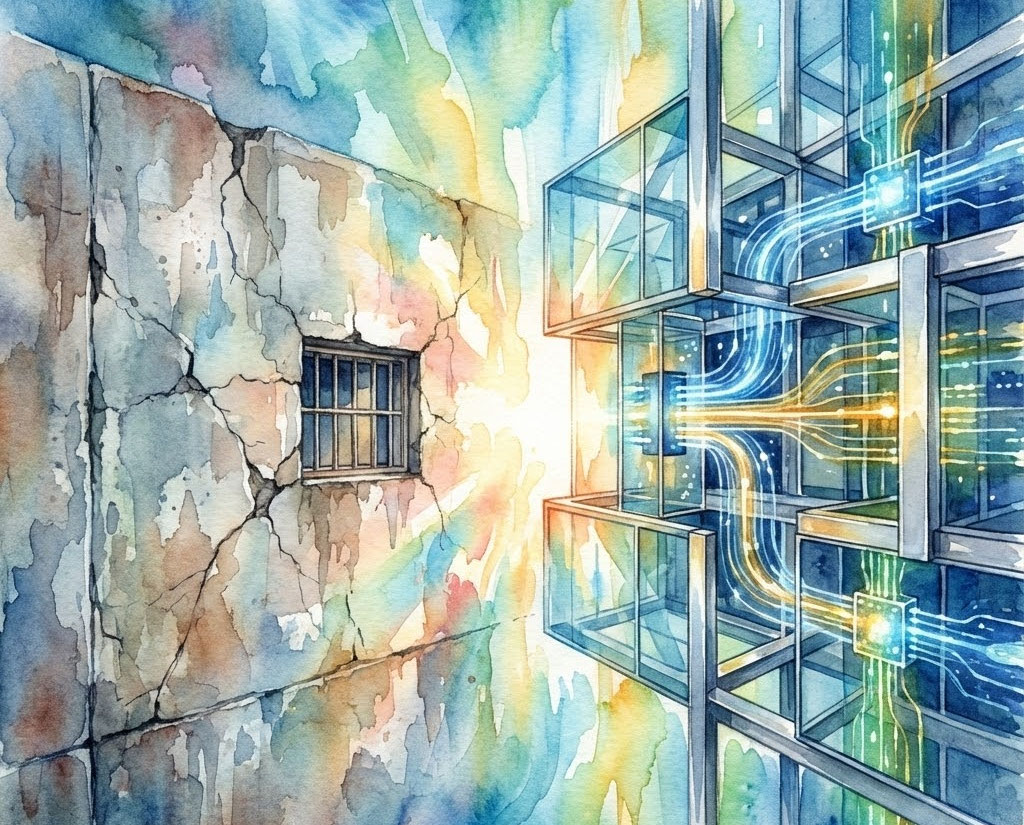
NASA has the nation’s finest Rocket Scientists on staff, and yet they are among the world’s most active users of crowdsourcing to solve engineering conundrums - continuously turning to the non-expert crowd for solutions. Elon Musk has access to unlimited resources and the brightest, most brilliant minds on the planet and yet he has just opened one of the world's largest sustainability issues to the crowd, challenging them to find a way to remove 50 gigatons of carbon via a crowdsourcing competition: $100M Prize for Carbon Removal. With expertise at their fingertips, why are organizations, governments and nonprofits turning to the non-expert crowd for solutions?
The limits of expertise
We depend on experts in many aspects of our everyday lives. We call a doctor when we are feeling unwell; we want to talk to a financial advisor before making a major investment; many folks start addressing their marital problems by looking for family counsel. We turn to people that we feel have specific knowledge, experience and intelligence, because it is efficient to do so in most situations.
But any expertise is limited, based on the information available, and past experience. When experts encounter completely new things, or something that they have not dealt with before, they are frequently as flummoxed as the rest of us. History shows us examples of myopic predictions made by prominent experts that are laughable in hindsight. “The atomic bomb will not go off, and I speak as an expert in explosives,” predicted Adm. William Leahy to President Truman in 1945. “There is no reason anyone would want a computer in their home,” argued Ken Olson, President of Digital Equipment Corp. back in 1977.
Why are experts so wrong sometimes?
A 2019 neurobiology study may provide a useful insight. A team of scientists analyzed neuronal activity in the brains of mice forced to learn new decision-making skills. As the mice progressed through learning new tricks, more and more neurons in their brains got involved. However, the neuron activity rapidly became very selective: the neurons only responded when the mice made one choice and not another. This pattern became even stronger as the mice learned how to do a task better (i.e. became an “expert”). Moreover, when the expertise was fully achieved, the mouse’s brain was ready for that expert decision even before the mouse began executing the task.
In other words, the “expert” mouse knew how to solve the problem even before starting to solve it! In contrast, the neuronal activities in the brains of “non-expert” mice remain non-selective. In essence, the mice were approaching the task with an “open mind.”
Experts vs. crowds
When it comes to problem solving, were the above findings to hold true for humans, the implication would be that experts would approach the problem with the patterns that are already pre-formed in their brains by their prior experience or expertise. By contrast, non-experts would approach the same problem from a number of completely different angles. The more non-experts involved in solving the problem, the higher the chance that a solution will be completely novel and unorthodox.
That is the cognitive and epistemic basis of crowdsourcing, the process by which crowds of “non-experts” solve the most pressing problems posed to them by corporations, non-profits, and government agencies.
The power of crowdsourcing is well documented. For example, a 2012 study compared novel product ideas generated by a consumer product company’s in-house designers with those submitted by a crowd of outside users. All the ideas were blindly evaluated in terms of novelty, customer benefit, and feasibility.
The study showed that the ideas generated by outside users scored significantly higher in terms of novelty and customer benefits–and only slightly lower in terms of feasibility–than those proposed by the company’s own designers. Moreover, it was found that the ideas that received the highest overall marks came predominantly from the outside users.
Uncredentialized marketplace: looking for solutions, not resumes
We at HeroX firmly believe that anyone, from anywhere, with any background or level of education, can solve a difficult problem that even seasoned experts have failed to crack.
We like to talk about an "uncredentialized" marketplace. Truth be told, the word "uncredentialized" is not a real one. We made it up to define people who, in contrast to experts, solve problems without having formal credentials and flashy resumes.
The important thing to realize is that we are all experts. We all have expertise in something that other folks do not—and it is only a matter of chance for any of us to encounter a problem for which we are uniquely qualified to solve.
Take, for example, Jorge Odon, a middle-aged car mechanic living in Lanus, Argentina. One day, Jorge watched a YouTube video showing how to get a loose cork out of the bottom of a wine bottle. Inspired by what he saw, Jorge designed a medical device that could facilitate childbirth during a difficult delivery. Think about that: having no background in medicine—nor having any prior exposure to the issue of childbirth complications—Jorge has made one of the most exciting medical discoveries of our times! All he had was a prepared and open mind, and a vivid imagination!
What is in it for me?
Let’s be honest: many folks participate in crowdsourcing competitions for money, just like experts solving problems “on demand.” But there is more to it than that. You might be excited by the thought that you’re trying to find a solution that will make the whole world better. And, if you succeed, you will derive a sense of pride for your accomplishment.
Sometimes, people feel rewarded with something that is deeply personal to them. Take Kenji, a participant in a recent NASA’s Lunar Delivery Challenge, whose children were “beaming with pride and enthusiasm” when learning that their Dad has become one of the finalists of the competition. “Words alone cannot express the depth of my thanks,” Kenji told us.
Until the Future of Work is fully enabled, your resume and portfolio still strongly influence your employment options. Participating in a crowdsourcing competition on HeroX introduces you to a wealth of experiences, networks, people, learning and growth. Imagine an ‘experience’ section filled with details on your teamwork, management and success while working to solve a NASA challenge.
Interested in joining the Innovator Crowd? Start by checking out the challenges that are looking for people just like you. You can join a team, or start your own. Join the crowd and set out on your Hero’s journey - chances are you might just change the world.
Want More?
Why are some companies struggling to innovate and how can crowdsourcing help?
HeroX Founder Christian Cotichini shares his thoughts.








